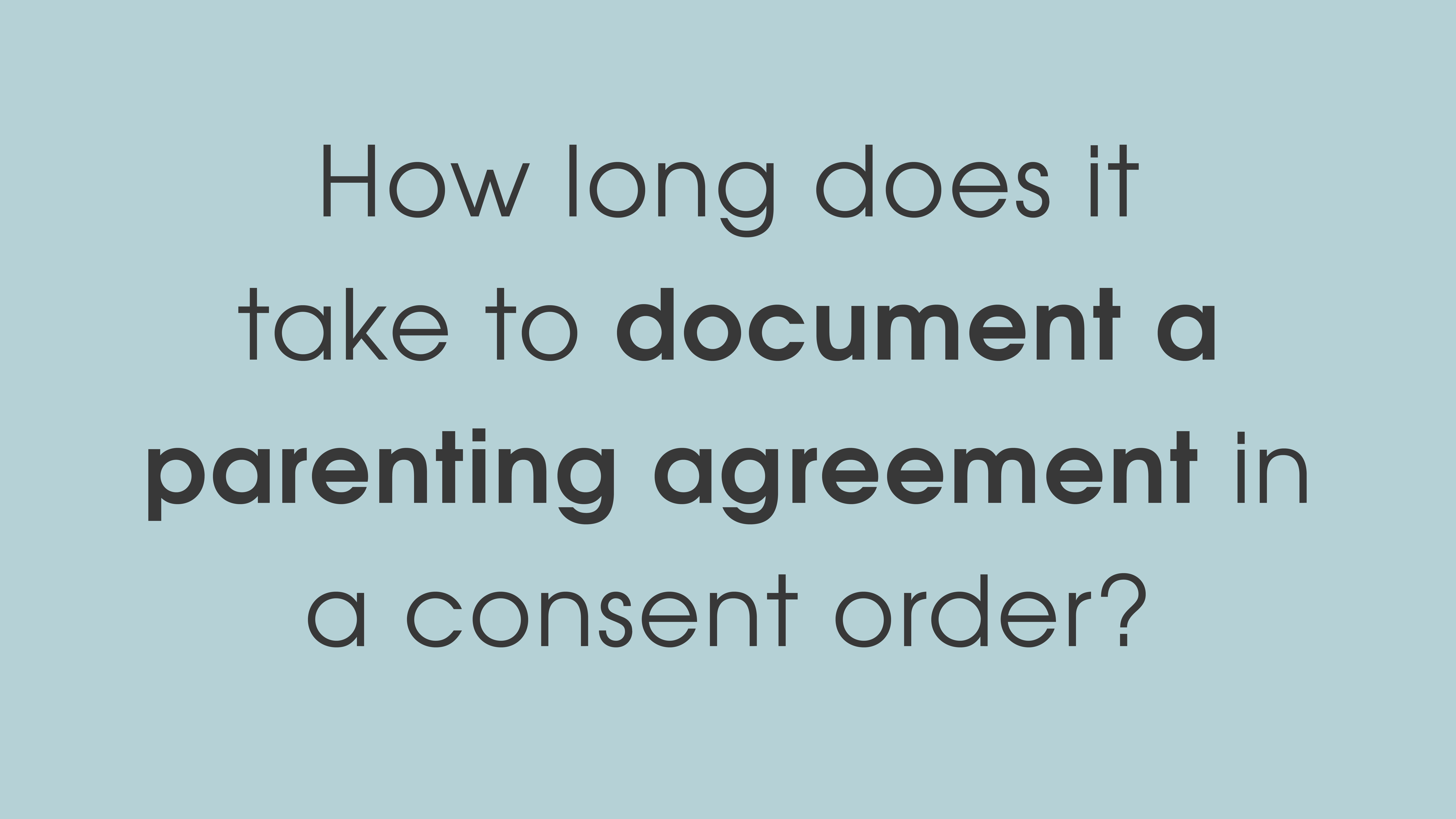5 key child support concepts and 1 important tip for your day to day parenting

If you have separated from your partner and have care of the child/children from that relationship, you will likely be able to apply for financial assistance from the other parent in the form of child support.
Child support is an ongoing payment from one parent to the other, for the financial benefit of a child from that relationship. The payment of child support represents the recognition that both parents have a responsibility to provide for their children, and makes sure that a child is supported financially by both their parents.
Practically, the parent with whom the child is residing with after separation lodges the application for child support. This is done through the Child Support Agency, not the court system. Non-parent carers might also be eligible to apply.
How long does the obligation last?
The obligation to pay child support continues until a child turns 18 years of age, or to the conclusion of Year 12 if the child turns 18 in that year of schooling (noting that a specific application must be made to continue the child support through to the conclusion of Year 12).
How is child support calculated?
The procedure for paying and receiving child support is governed by the Child Support (Assessment) Act 1989 and the Child Support (Registration and Collection) Act 1988.
The actual process of assessing the amount of child support can be quite complex, but in general terms it involves calculating the percentage of care each parent provides, determining if a parent is not meeting their entire share of the costs of the child through such care, then calculating the amount of child support they should be paying, based on the combined incomes of both parents and the level of care provided.
In practical terms the simplest way to work out your child support liability or the payment you are to receive is through the Department of Human Services Child Support Estimator. The estimator takes you through the above points and prepares a calculation based on your circumstances. You can find it by typing child support estimator into your web search engine and it should direct you to the Child Support Agency website.
How do you pay or receive child support?
There are different methods of organising and managing your child support payments. How you choose to arrange this will largely depend on your personal circumstances, particularly how well you are able to communicate with your ex-partner.
You are not bound by your choice, and are able to change to another arrangement later on if you wish. Importantly, the parent who is receiving the child support needs to agree to the collection method.
Child support can be paid through the agency on a monthly basis, privately where you have an assessment and payments are made direct between parents, or self-managed where the child support agency is not involved at all and payments are made direct between parents.
If you and the other parent are not able to communicate effectively, it is probably best for you to organise your child support through the Child Support Agency and to opt for the Child Support Collect method. This may also be a preferable option if either of you need a structure to ensure the payments are made on time.
Documenting your child support agreement
If you have reached an agreement about child support collection privately or are managing the collection of child support yourself, you should still document the agreement so that it is clear what each parent’s obligations are. You can download a limited child support agreement from the Department of Human Services Child Support Agency.
Otherwise you can visit a family lawyer who can assist you with a limited child support agreement. Alternatively, you can talk to your family lawyer about a binding child support agreement.
A limited child support agreement is an agreement in writing setting out the child support arrangements. The child support payable must not be less than the child support which would be paid under an assessment. The agreement must be accepted by the Registrar of Child Support to be valid. There is no requirement for legal advice when entering into this type of agreement. The agreement operates for a maximum of 3 years.
A binding child support agreement again is an agreement in writing which sets out the child support arrangements. A binding agreement differs from a limited agreement in circumstances where:
- before signing the binding child support agreement, you must receive independent legal advice about the effect the agreement has on your rights, and the advantages and disadvantages of entering into the agreement;
- your lawyer will sign a certificate which confirms that you received this advice; the certificate is attached to the agreement;
- the agreement can be more or less than the amount of child support which would be paid under an assessment;
- the agreement must contain formal requirements set out in the Child Support (Assessment) Act.
For a binding child support agreement you will need to seek legal advice about the effect the agreement has on your rights, and the advantages and disadvantages of entering into the agreement. If you do not do this, the agreement is not binding.
Do child support matters ever go to court?
There are limited circumstances where child support arrangements go to court. Some examples include:
- cases where the paternity of the child is in dispute;
- if you are in proceedings for property or parenting matters and you want to suspend any assessment process pending the outcome of those proceedings;
- if you have property or parenting proceedings underway and you need to depart from an assessment which doesn’t take into account your proper circumstances;
- to set aside or vary a child support agreement where the other parent won’t agree to stop or change the arrangements set out in the agreement.
Lastly, and most importantly, one key tip for your day to day parenting
Day to day parenting following separation can be hard, particularly if there has not been an amicable separation. Unfortunately there are some parents who are unable to move forward and this can cause significant disharmony in the parenting relationship.
One key issue we see time and time again in parenting matters is the reporting to the child support agency of additional nights of care, causing long discussions with the agency and considerations whether calculations should be adjusted.
Take this example, Brian had to travel away for a family funeral at late notice for two nights. This mean that Sally looked after their children for those nights when they would ordinarily be with their dad. Sally rang the child support agency and sought an adjustment of the arrangements and extra child support for what was ultimately a one-off emergency situation. It meant long calls with the agency, explanations about how the arrangements were a one off and out of Brian’s control. Ultimately the agency didn’t adjust the child support but the time, energy and distress caused to both parents was unnecessary.
Think twice before making such a call. Ask yourself, given how such a step might impact your children, is it really worth it? What would happen if Sally needed to travel urgently and the roles were reversed. Take the time to think about it.
If we can assist you in navigating through the child support system or preparing an agreement, contact us for an appointment.
Latest Posts
- CATEGORY: Family Law
- TAGS: child support, children, family law, family lawyer, parenting, separation





